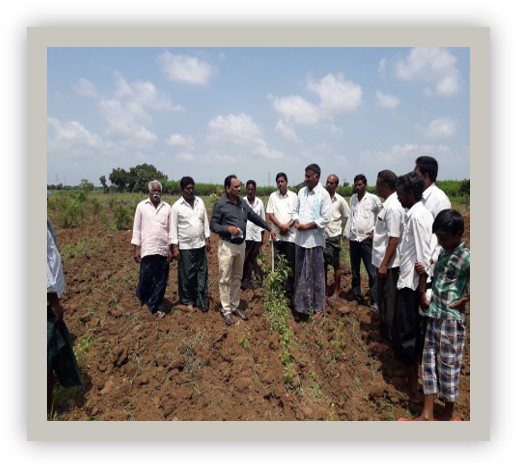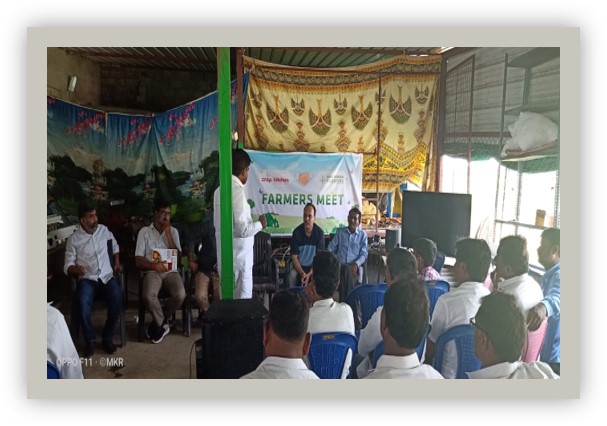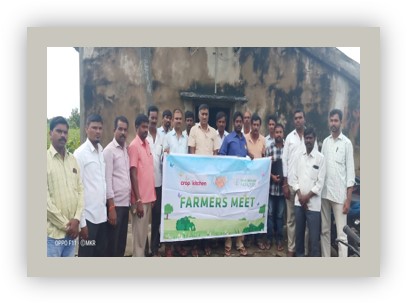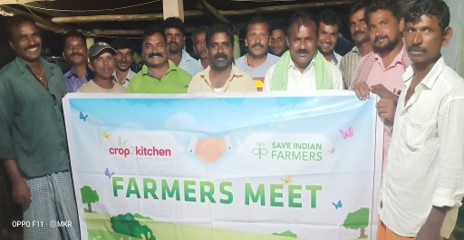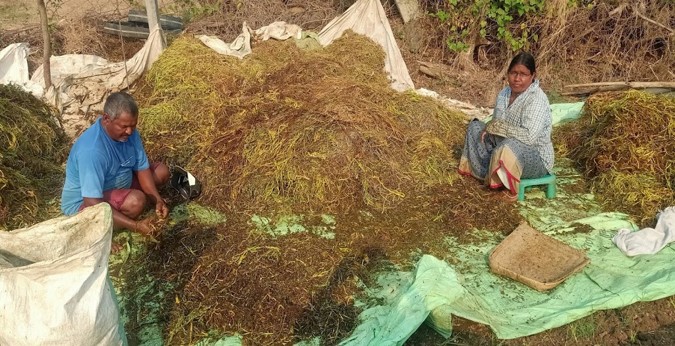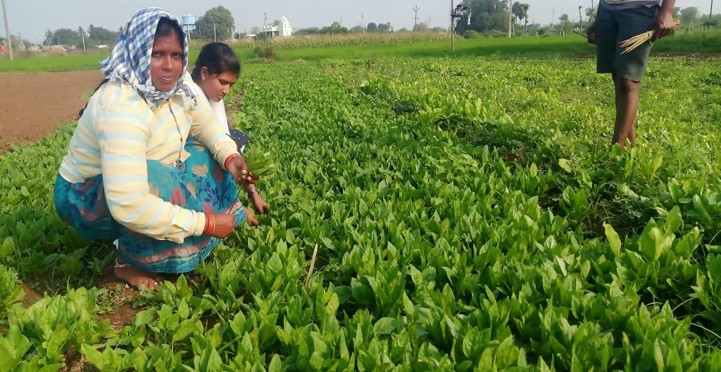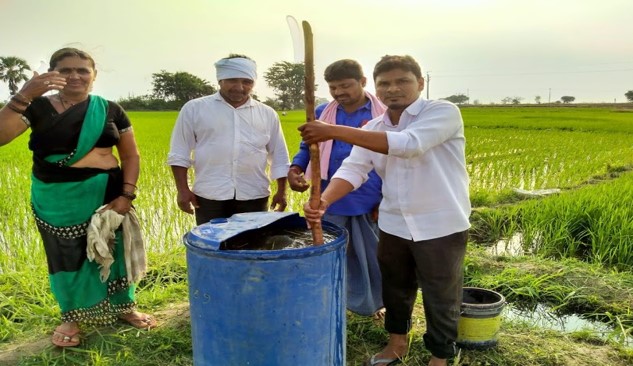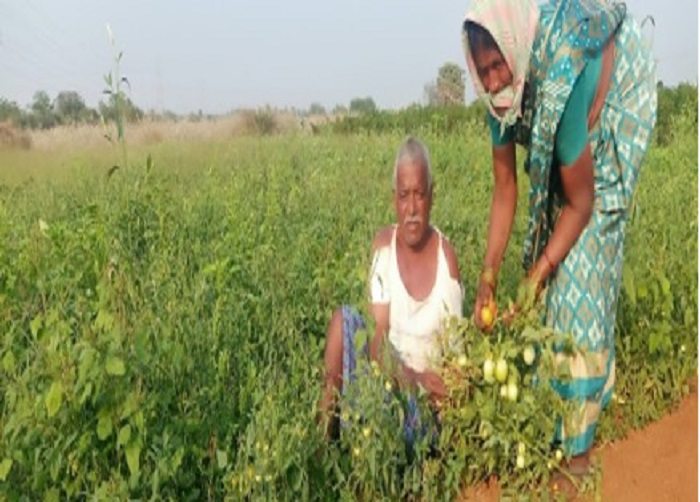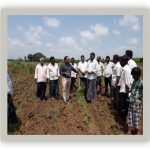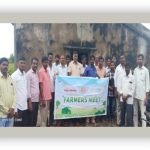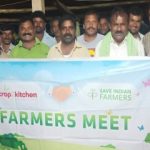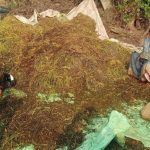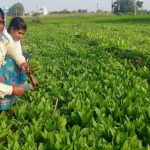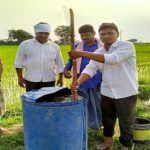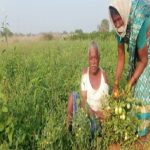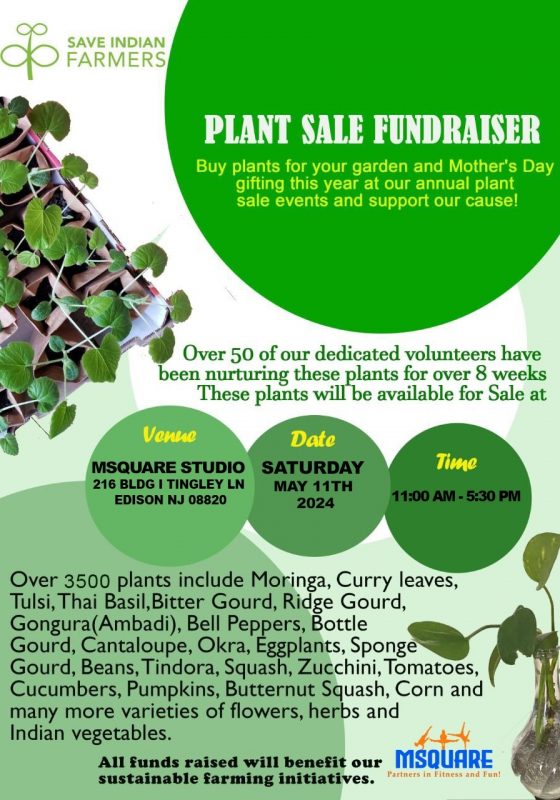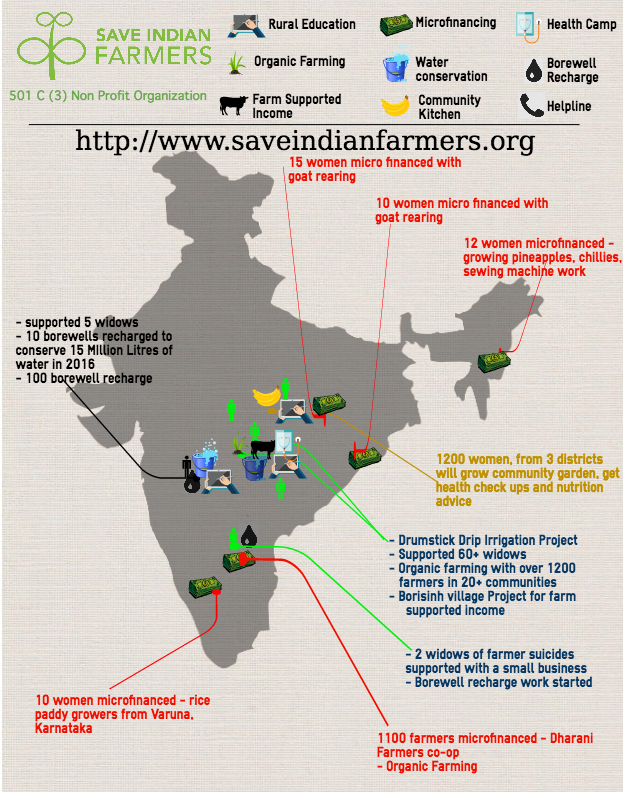Crop to Kitchen
Partner: Crop 2 Kitchen and ESTAH
The purpose of this project is promotion and popularization of organic farming for enhanced agricultural sustainability. We plan to train and support 37 small and marginal farmers from 6 clusters, 7 villages in Warangal rural, Mahabhubabad and Khammam district to practice organic farming. We will motivate them to adopt low cost, innovative and eco friendly methods for sustainable agriculture, Water Conservation, Rural Health Management, Rural Education, Financing and organic farming systems for cultivation of food crops and vegetables. These farmers will further act as ambassadors for replication of similar practices with fellow farmers from nearby villages.
Project Objectives
-
- To create awareness and adopt innovative and eco-friendly practices for organic farming systems in 7 villages and with 37 farmers
- To enhance agricultural production and improve productivity of land through promotion of eco-friendly sustainable agricultural practices and tree based farming system.
- To reduce cost of production and dependency on external inputs for production of vegetables and food grains and Seed production.
- To establish linkages of buyers, bankers, technical institutions with the farmers.
What is completed so far?
|
Villages Identified / Covered |
7 |
|
Farmer Identified |
37 |
|
Training sessions to be finalized |
Completed |
|
Meetings with Farmers |
15 |
|
Training on Organic Farming |
7 |
|
Demonstration on enriched Farmers composting techniques |
7 |
|
Preparation and Application of Jeevamrutha |
20 farmers |
|
Trench cum bunding |
7 farmers |
|
Solar Light Trap for pest control –POC |
1 |
|
Organic kitchen garden |
1 woman farmer |
|
Cattle urine collection pit |
7 |
|
Seed production |
4 farmers |
Outcomes Achieved so far…
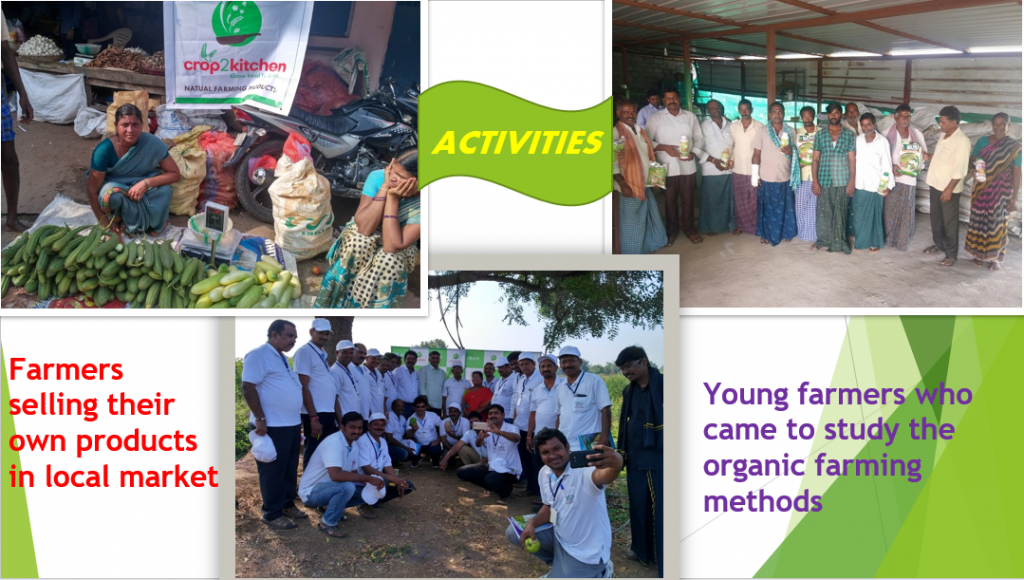
- FPO is already formed and 221 Farmers have joined as members.
- For this year, 37 farmers / 64 Acres are planned and identified for the initiative. During the first year, all farmers will follow 60 -100 percent of organic farming . In case if any issues they will go for 40% of green product chemical pesticides will be used.
- 15 training sessions were held in different villages with different farmers, awareness and exposure visits have increased the knowledge base of the farmers with respect to organic farming and low cost sustainable agriculture practices. Farmers have adopted demonstrations and vermi-composting successfully.
- All the farmers of SIF project have fully involved in implementing of organic methods for vegetable cultivation in 10 to 15 guntas, (0.15 ha) initially. Now, they have got the experience and in a position to expand and grow vegetables based on the market demand or buy back arrangements.
- Converting into organic farming has completely stopped the application chemical fertilizers and pesticides in the organic vegetable cultivation plots. Farmers have gained confidence and will expand area under organic farming in the coming years.
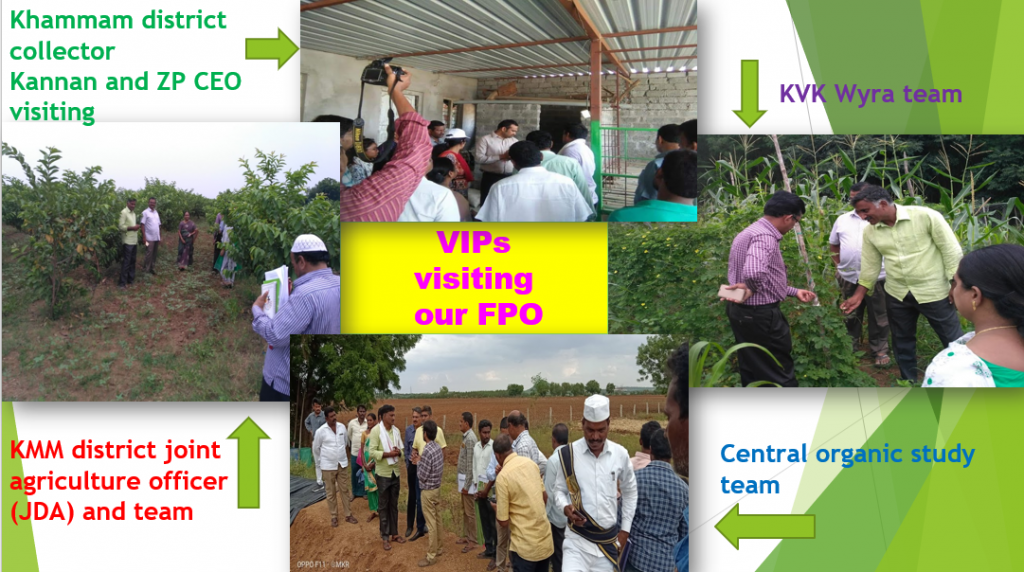
- The vegetable growers have realized the importance soil fertility enhancement through application of enriched composting, Jeevamrutha, biomass and vermi-compost. Today, they are in a position to share this knowledge and experience with fellow farmers
- All farmers have adopted seed treatment, vermi-compost and organic vegetable cultivation practices. Four farmers are producing vermi-compost manure and applying regularly in their crops.
- SIF farmers have slowly understood importance of in situ production of biomass. They have planted biomass producing trees such as glyrecidia, sesbania and pongamia plants on farm bunds and on the boundary bunds. These also help for carbon sequestration in a small way and thus addressing the issue of climate change.
- The NGO has got confidence and increased knowledge to implement organic farming projects with more number of farmers and villages.
What’s next?
- Farmers seeding
- Visits to all the villages for the inspections
- Visits for pest control/education/guidence
- Visits before cutting
- Millets and Pulses – 60 days
- Paddy – 100-120 days
- Vegetables – 40 – 90 days
- Turmeric – Aug 2019 – Not given grant or loan
- Peanuts – 90 – 120 days
- Sale of the produce.

